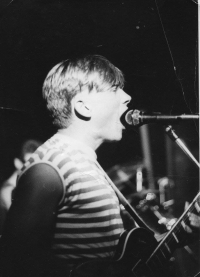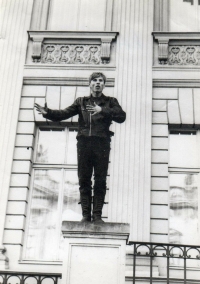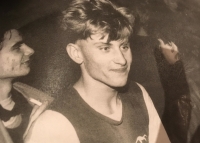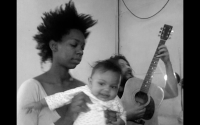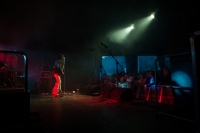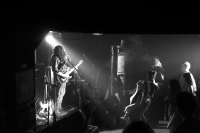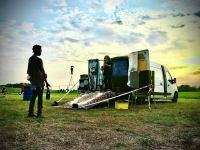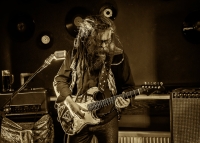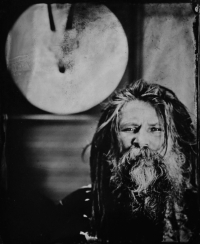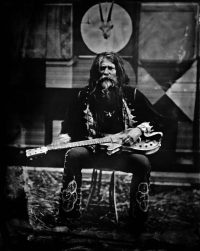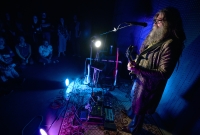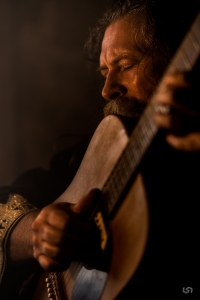I needed to lose weight and Gottwald told me he wanted to lose weight too, so he went down

Download image
Kamil Krůta was born on 18 April 1969 in Teplice. Since his childhood he has been fond of music and playing the guitar. Thanks to this, he met peers with similar interests and got into the circle of punk culture in Teplice. As an excellent guitar player he went through punk bands such as Hluchý telefon or FPB. While preparing for a foreign engagement with FPB at a festival in the Polish town of Jarocin, he decided to emigrate via Poland and robbed an antique shop to provide funds for his trip. After another unsuccessful attempt, he was arrested and taken back to Czechoslovakia from his subsequent detention. In an attempt to avoid basic military service, he was sent to a psychiatric hospital in Horní Beřkovice, where he was treated with a total of eight sets of electric shocks. After his release, he returned to the FPB group again. He was sentenced to a suspended sentence for illegal border crossing (crossing the Odra River), theft in an antique shop and a skirmish with members of Public Security (VB). On March 11, 1988, along with two other punk rockers from Teplice, he toppled a statue of Klement Gottwald in Teplice. He served eleven months of a 30-month sentence in pretrial detention, with the rest spent in the women’s prison in Pardubice and at the I. NVS in Oráčov, where he remained until a presidential amnesty. In early January 1990, a week after a successful prison strike, which he initiated and led, he was released along with other inmates. Shortly after, he left the country. Together with his friend and bandmate Milan Nový, he settled in Germany, where they founded the band Pseudo Pseudo. Later, they each went their separate ways, and Kamil Krůta settled in the United States, working as a stonemason while remaining an active musician. As of the time of filming (2024), he lived with his family in Toulouse, France, performing under his stage name Koonda Holaa.
